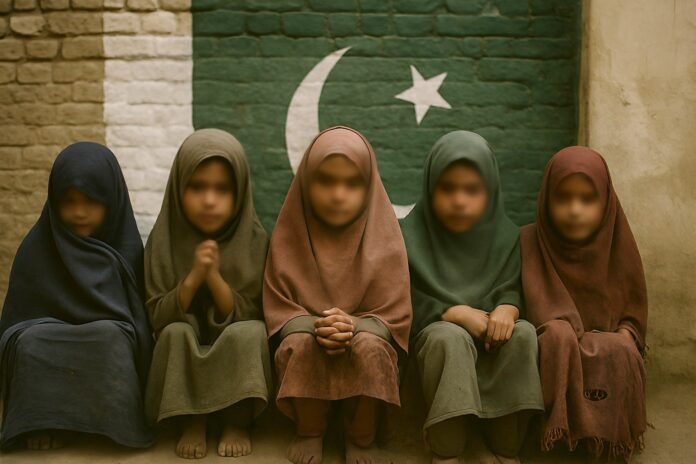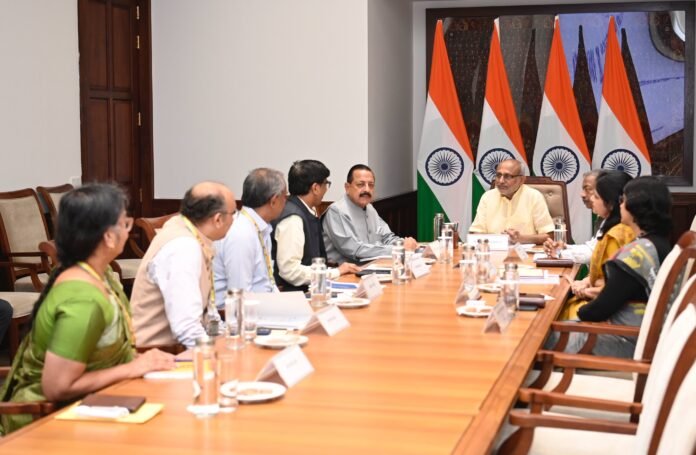In Pakistan, the abduction, forced conversion and marriage of young Hindu and Christian girls has become one of the continent’s most stubborn human‑rights problems.
A recent study from the Global Hindu Temple Network, titled “Pakistan: Gender‑based Violence against Minor Girls of Hindus, Sikhs, and Christians,” documents hundreds of cases from 2021‑2025. The report shows that most victims are under 16, and in more than 70% of the documented incidents, police refused to file a First Information Report (FIR) or later weakened the case under pressure. Victims are often forced to testify in court that they “voluntarily converted,” a claim usually made under duress.
The hardest hit areas are Sindh and Punjab, where religious extremism and patriarchal dominance create a climate of fear. State officials and law‑enforcement agencies frequently fail to protect the girls, and in some cases, appear to aid the perpetrators. This institutional indifference forces many families to keep quiet or flee the country.
The issue was highlighted on the global stage by Mohinder Gulati, President of the Global Hindu Temple Network America. He spoke at the World Bank’s Civil Society Organisation Forum and in letters to the IMF’s Managing Director, questioning why Pakistan still receives billions of dollars in development aid while violating the fundamental rights of its minority girls. His remarks underscore a key contradiction: international agencies champion gender equality, yet their funding seems blind to structural discrimination inside recipient countries.
The national treatment of minorities reveals a larger failure of gender justice. When global institutions ignore the abduction and forced marriage of religiously minor girls, they become complicit in oppression. Development aid that ignores these abuses does not empower – it enables.
To move forward, the World Bank, IMF and other donors must review how their gender policies are applied in places like Pakistan. Monitoring should go beyond surface metrics and include independent audits of gender‑related violations, especially against minorities. Until the suffering of these young girls is addressed, statements on equity and inclusion will sound hollow.
The report’s co‑author, Dr. Vinay Nalwa, warns that the silence on this crisis is a failure of global conscience. Real progress requires that numbers be matched by justice, not just rhetoric.
Source: ianslive
Stay informed on all the latest news, real-time breaking news updates, and follow all the important headlines in world News on Latest NewsX. Follow us on social media Facebook, Twitter(X), Gettr and subscribe our Youtube Channel.



